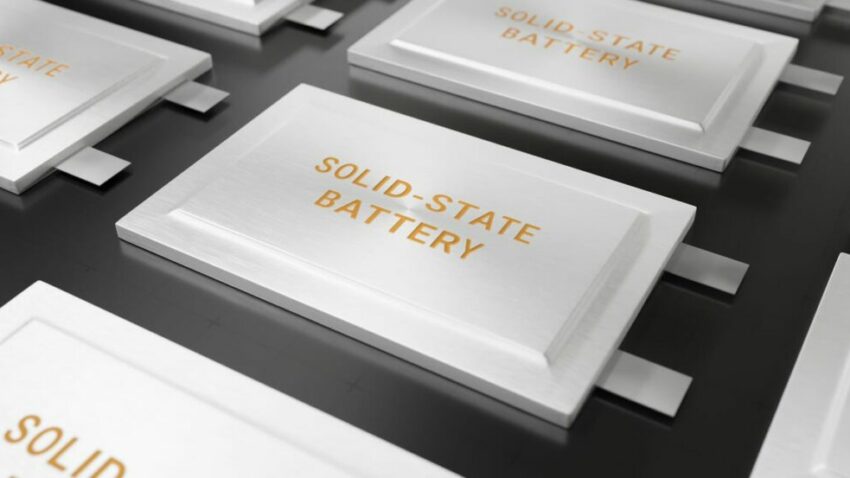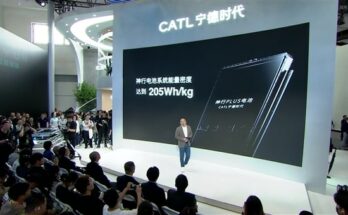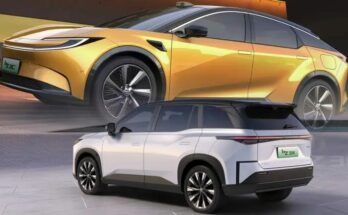Toyota claims to have developed a technological advancement that will enable it to cut the weight, size, and price of batteries in half, which could signal a significant development for electric vehicles.
The second-largest automaker in the world was already working towards a goal of introducing upgraded solid-state batteries in cars by 2025, which have advantages over liquid-based batteries. Toyota claimed to have streamlined the process for producing the material that goes into making them, praising the finding as a significant advance that might significantly shorten charging times and extend driving range.
Related: Toyota Will be a Leader in Solid-State Battery Tech- Report
According to Keiji Kaita, president of the Japanese auto firm’s research and development center for carbon neutrality:
“For both our liquid and our solid-state batteries, we are aiming to drastically change the situation where current batteries are too big, heavy, and expensive. In terms of potential, we will aim to halve all of these factors.”
Kaita stated that Toyota now believes it could now produce a solid-state battery with a range of 1,200km (745 miles) and a charging time of no more than 10 minutes.

However according to analysts such as David Bailey, a professor of business economics at the University of Birmingham “Often there are breakthroughs at the prototype stage but then scaling it up is difficult. If it is a genuine breakthrough it could be a game-changer” adding that if Toyota’s assertions were true, it might signify a turning point for the development of electric vehicles.
Related: BYD will Supply Blade Batteries to Tesla, Toyota, Suzuki & Daimler
Toyota expects to be able to manufacture solid-state batteries for use in electric vehicles as soon as 2027, according to the Financial Times. Solid-state batteries have been widely seen as a potential game-changer for electric vehicles, promising to reduce charging times, increase capacity, and reduce the fire risk associated with lithium-ion batteries, which use a liquid electrolyte. However, solid-state batteries have typically been harder and costlier to make, limiting their commercial application.

A computer animation professional with over 23 years of industry experience having served in leading organizations, TV channels & production facilities in Pakistan. An avid car enthusiast and petrolhead with an affection to deliver quality content to help shape opinions. Formerly written for PakWheels as well as major publications including Dawn. Founder of CarSpiritPK.com




